- "CO2 is not a pollutant. It’s a GREEN gas which plants, crops and trees need to grow."
True! But in the context of a debate on climate change this is misinformed.
Yes, plants need CO2 for photosynthesis as humans need oxygen for respiration. In fact, the world’s forests store and cycle huge amounts of carbon. However, there’s a limit to the amount that they can absorb, and with deforestation increasing this limit is getting lower. It’s not the nature of CO2 that causes problems; it’s the quantity: there hasn’t been this level of CO2 in the atmosphere for 800,000 years.
Our carbon emissions are contributing to the greenhouse effect – trapping heat and making the Earth warmer.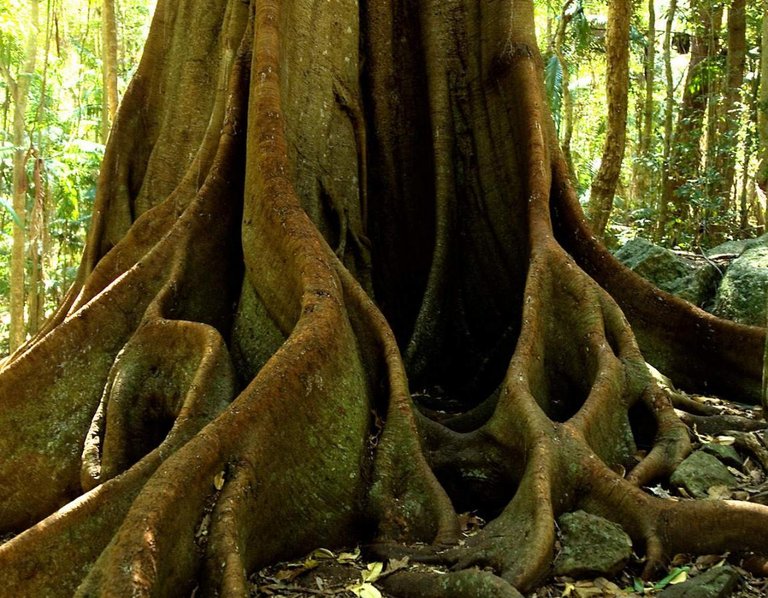
- "Climate change has been here AT LEAST 5 million years, you fools!"
In its basic sense this statement is true (except the last part, which they must obviously be mistaken about!) The Earth’s climate does go through natural cycles of warming and cooling.
However – and it’s a big however – when people talk about climate change today they mean anthropogenic (man-made) climate change, i.e. the Earth’s average temperature warming because of human action. Climate change is currently happening to an extent that cannot be explained by natural factors alone.Global temperatures have been rising for over a century, accelerating in the past 30 years, and are now the highest since records began. The global scientific community widely agrees that the warming we are experiencing is man-made.
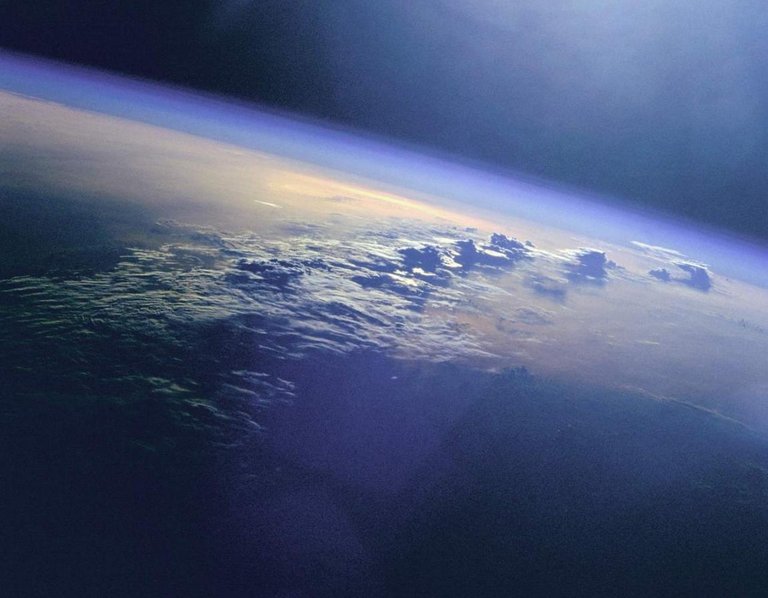
- "A few degrees is nothing."
During the last ice age, which ended 12,000 years ago, the world's average temperature was only 4-5°C cooler than it is today. Yet those few degrees have made a drastic difference: parts of Britain were under a mile of ice, and sea levels were about 100 metres lower than they currently are.
Just a few degrees can have very dramatic effects, and what's happening now is at a far greater rate than we've ever seen. More importantly, we know that it's largely caused by human activity.
To avoid the worst impacts, we need to keep the already unavoidable rise to 1.5°C. We can do that by cutting greenhouse gas emissions from the energy we produce, the buildings we live in, the way we travel, the products we manufacture and the food we eat.
- "Polar bears have increased their numbers fivefold in the last fifty years. They have obviously benefitted from climate change."
On the contrary, climate change is the most serious threat faced by the planet’s biggest land-based carnivores. The Arctic is warming roughly twice as fast as the global average, and the sea ice is melting earlier and forming later each year. This makes it more difficult for females to get onto land in late autumn to make their dens, and onto the sea ice in spring to feed. In parts of the Arctic, bears are struggling without food for longer than previously. This fasting dramatically reduces their bodyweight, which in turn reduces their chance of surviving the summer season.
Loss of sea ice also threatens polar bears' main prey, seals, which depend on sea ice to raise their young and rest. Polar bears are considered 'vulnerable' in the IUCN red list of threatened species, with between 22,000 and 31,000 remaining in the wild. As the top predator in the Arctic food chain, it is vital to protect these creatures to ensure that the ecosystem remains balanced.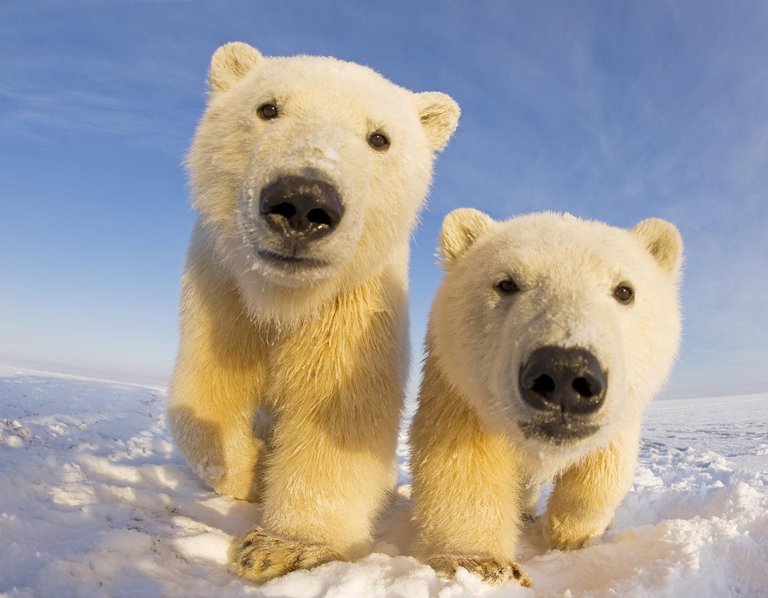
- "Wind farms and solar are expensive and inefficient. Nuclear, coal and oil are the only realistic way to provide for our energy needs."
It's a commonly-held belief that renewable energy is expensive, but solar power has been the cheapest form of energy generation (per unit of energy generated) for a long time and onshore wind costs about the same as gas. Some great news over the past decade is that the costs of renewables have fallen faster than anyone (including our optimistic climate team!) could have predicted.
There are many misconceptions surrounding this issue; a recent survey found that many people think nuclear power is a cheap source of energy, when in fact it's the most expensive.
The cheapest "green" measure of all is energy efficiency. Technology like double glazing and loft insulation may not sound glamorous, but it reduces our bills and helps save the planet at the same time.
WWF's vision (backed up by an impressive load of technical analysis) is that we need to – and can – have 100% renewable energy within a generation.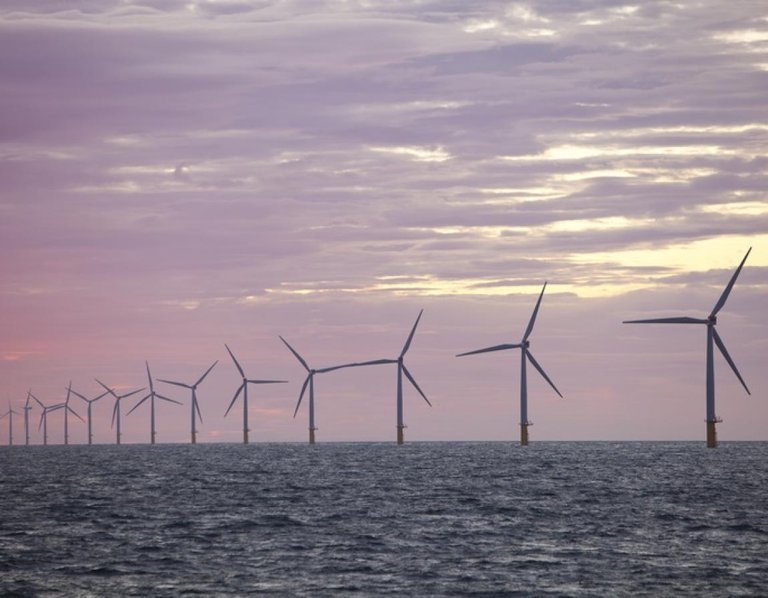
- "I thought a warmer climate brought less nasty weather."
Global warming will mean nicer weather in the UK, more Indian summers and less of our British drizzle... right?
You might be forgiven for believing so, with this still being a very common myth about climate change. In reality it's more complicated than that – and it bodes less well for your holiday plans. The rise in global temperatures that we're experiencing is caused by increasing greenhouse gas emissions and affects weather patterns and ecosystems in complex ways, making storms, floods, droughts and other extreme events more likely.
Global warming doesn't mean that we'll all experience warmer weather.
For the UK, we could see less seasonal weather, with warmer winters and wetter summers. Met Office data shows that climate change makes disasters like Storm Desmond seven times more likely in the UK.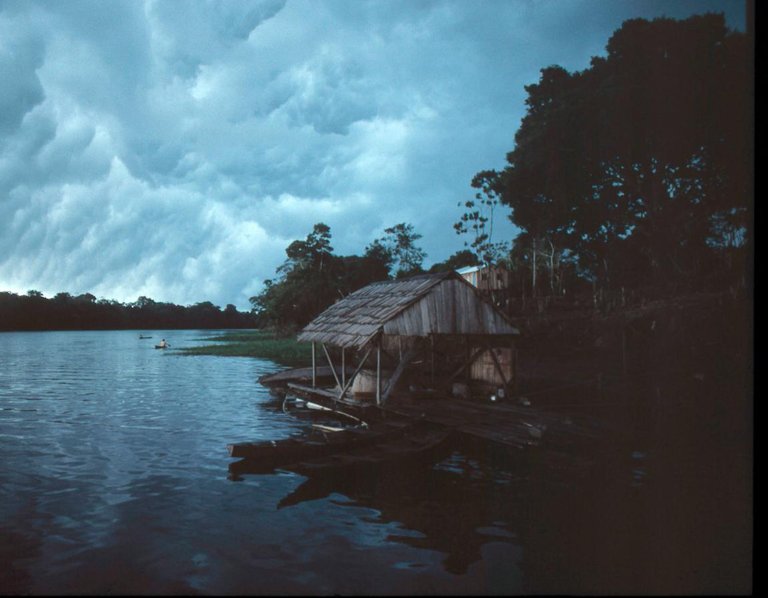
- "You should stick to looking after pandas and other endangered species."
Many people ask us why WWF is so involved in tackling climate change. Shouldn’t we just stick to saving wildlife, like tigers and pandas?
Here's the stark truth: one in six species is at risk of extinction because of climate change if we don't get things under control. The snow leopard is just one species that's at risk from climate change. More than a third of this endangered cat's habitat in the high Himalayas could become unsuitable if climate change isn't checked.
At WWF our job is to improve the relationship between people and the natural world. Right now climate change is putting pressure on both, and it affects all the work we do.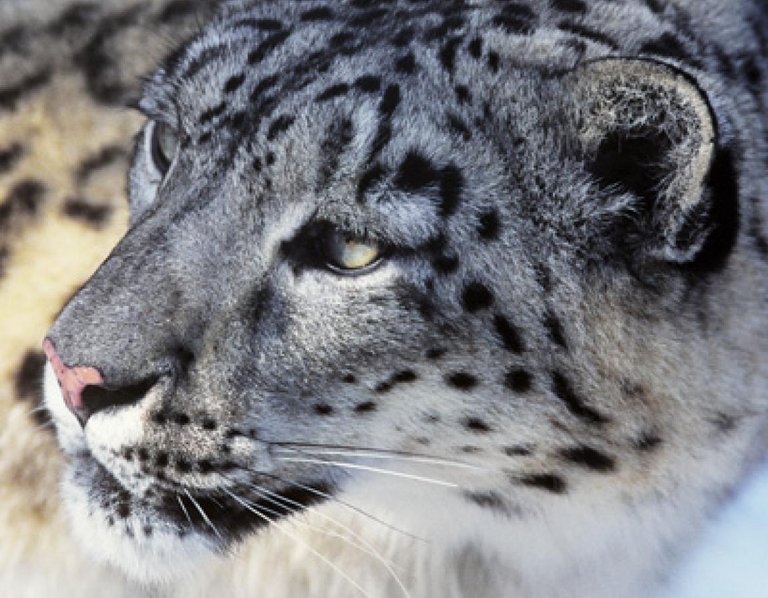
- "Everything is affected by climate change, but things adapt!"
This one isn't a myth, Darwin got the adaption part right.
Rephrase: everything is affected by climate change, and some things adapt.
To survive, plants, animals and birds confronted with climate change have two options: move or adapt. There are several examples of species that have begun to adapt to climate change already.
But increasingly it's a different story for many. With the speed of climate change we are experiencing already, it’s becoming impossible for many species to adapt quickly enough to keep up with their changing environment. And, as habitats are decreasing so are the animals living there.
- "Global warming was made up as a way to make money."
The scientific evidence that climate change is a real, present threat is overwhelming. It's not a government conspiracy; it's not a money-making scheme.
Climate change is one of the biggest challenges of our time, and it's our responsibility to tackle it now. The time has gone for us to pass this problem onto the next generation; it is ours that will have to face the impacts of it.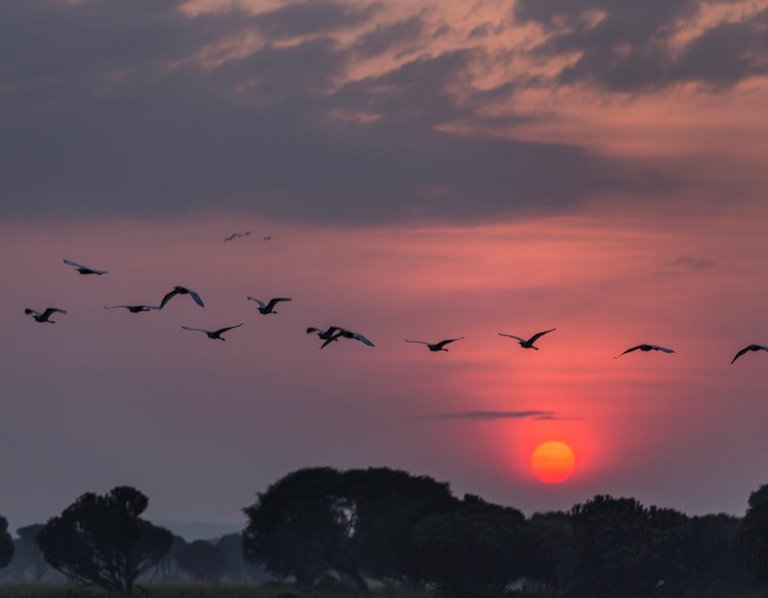
- "The only way this planet will survive is us humans getting wiped out."
This, we firmly believe, is wrong. It’s easy to start feeling that we've gone too far already, and that the best thing for our planet would be the extinction of the human race.
It's WWF's mission to build a world where people and nature thrive together. The technology and systems we need to move to 100% renewable energy by 2050 and use our planet's resources sustainably are already available.
Humans and wildlife can benefit each other. We can learn to live in harmony with the natural world.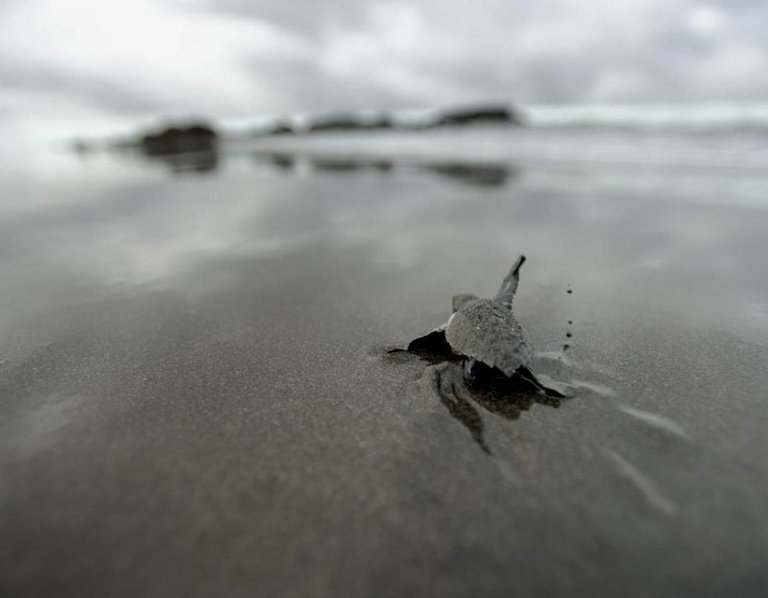
Hi! I am a robot. I just upvoted you! I found similar content that readers might be interested in:
http://assets.wwf.org.uk/custom/stories/climatechangemyths/
Congratulations @richereveryday! You have completed some achievement on Steemit and have been rewarded with new badge(s) :
Click on any badge to view your own Board of Honor on SteemitBoard.
For more information about SteemitBoard, click here
If you no longer want to receive notifications, reply to this comment with the word
STOP